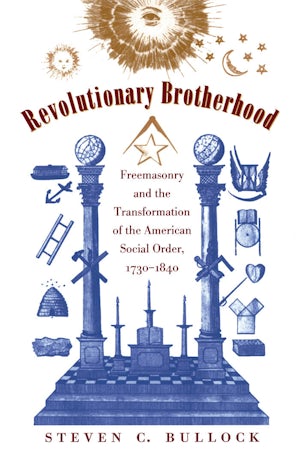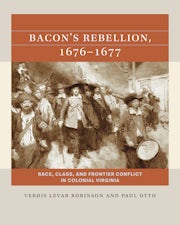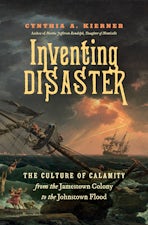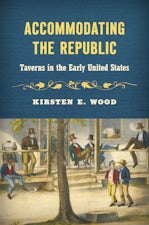Revolutionary Brotherhood
Freemasonry and the Transformation of the American Social Order, 1730-1840
By Steven C. Bullock
448 pp., 6.125 x 9.25, 25 halftones, 21 tables, notes, bibl., index
-
Paperback ISBN: 978-0-8078-4750-3
Published: September 1998 -
E-book EPUB ISBN: 978-0-8078-9985-4
Published: February 2011 -
E-book PDF ISBN: 979-8-8908-7401-6
Published: February 2011
Published by the Omohundro Institute of Early American History and Culture and the University of North Carolina Press
Buy this Book
- Paperback $55.00
- E-Book $29.99
Published by the Omohundro Institute of Early American History and Culture and the University of North Carolina Press
About the Author
Steven C. Bullock is associate professor of history at Worcester Polytechnic Institute.
For more information about Steven C. Bullock, visit
the
Author
Page.
Reviews
"This encompassing and stimulating study . . . is an impressive synthesis about the place of Freemasonry in eighteenth and early nineteenth century American society and assuredly will be recognized as a landmark in the field."--Journal of Social History
"This richly researched book is certain to become the standard work on antebellum Masonry. . . . Bullock’s careful approach enables him to catch the subtleties of Masonic thought very well. The book’s strength is its placement of Masonry in a variety of surrounding intellectual contexts. . . . A stimulating and thoughtful portrait of early Masonry."--Journal of Southern History
"Any further inquires into the order of Freemasons in America will turn to this book as their starting point."--Journal of American History
"[Bullock's] research is exhaustive, his argument learned and subtle, his prose clear, and his insights numerous. Revolutionary Brotherhood is a major work of historical scholarship."--Pennsylvania History
"Bullock's book should become standard reading for anyone with an interest in the relationship between the public and the private or in the formation of the democratic imaginary. It complements what is now known about European freemasonry in the eighteenth century, and . . . it adds to current debates about the nature of republicanism, the Habermasian public sphere, and the interests of the first generation of independent Americans."--William and Mary Quarterly
"Bullock does an outstanding job linking Masonry to larger social and political developments. . . . There is much to learn in this eloquent book. Bullock offers keen insights to popular views of science, history, art and religion in the early republic, as well as exploring the fate of revolutionary fraternalism."--Journal of the Early Republic




